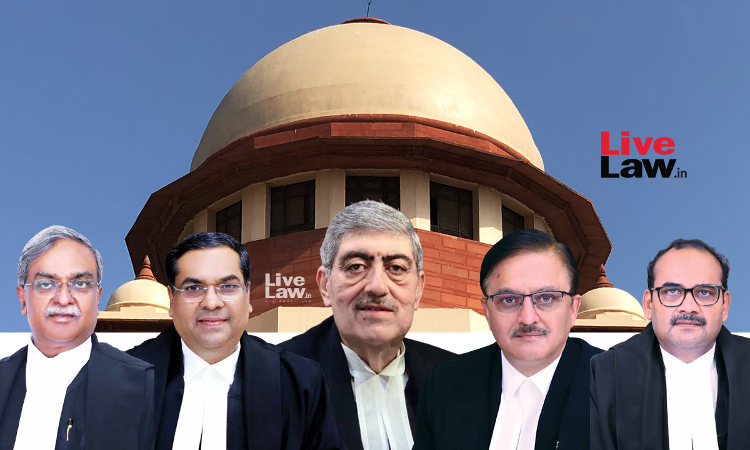A Constitution Bench of the Supreme Court on Tuesday reserved its order on whether to refer to larger bench a petition pending from 1986 challenging the validity of the practice of excommunication among the Dawoodi Bohras.The 5-judge bench will decide on whether to refer the issue to the 9-judge bench in the Sabarimala review case which is considering the larger issues relating to...

